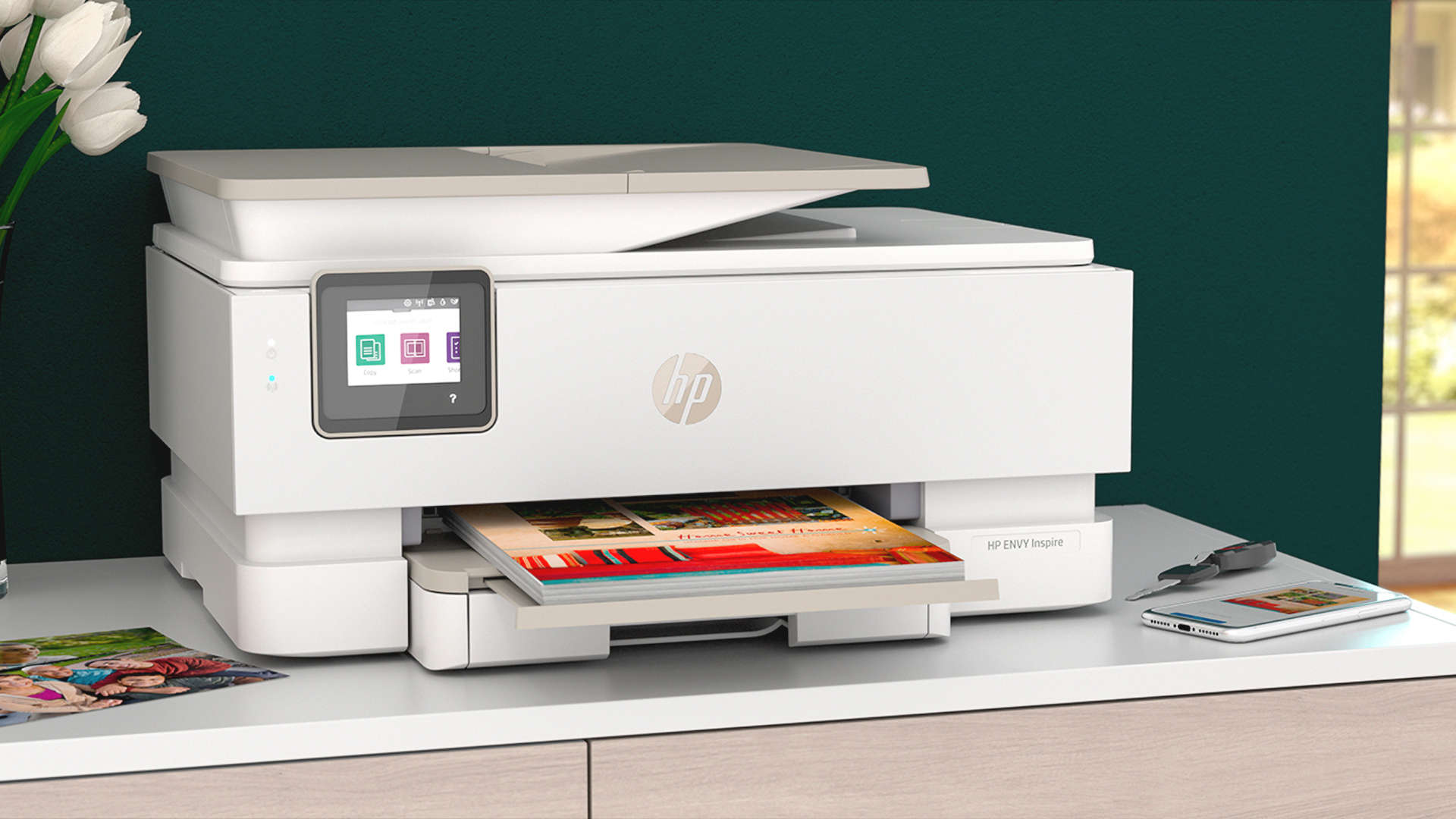
You might think that Hewlett-Packard's most important profit generator might be AI servers or cheap laptops, but you'd be wrong. Over half of HP's annual profits last year were entirely down to its print division, with no small thanks to its Dynamic Security printer firmware upgrade that completely blocked all third-party ink cartridges. Cue yet another round of litigation, in the form of a lawsuit aiming for class action status, claiming HP has created a monopoly on printer ink.
As reported by Ars Technica, the filing is requesting that HP is given an injunction that ultimately requires it to disable Dynamic Security, thus allowing owners to use non-HP replacement ink cartridges. Oh, and the small matter of more than $5 million in damages, and a trial by jury to boot.
This isn't the first legal case against the changes to how HP's inkjet printers react to third-party cartridges, and the company has already paid out significant sums of cash to settle such lawsuits and compensate users for not being able to use their printers.
Not that any of this has dented HP's love of Dynamic Security and printer ink subscription plans. Tech consumers around the world are printing less each year so HP and other printer manufacturers have been turning to somewhat authoritarian methods for keeping the revenue rolling in.
Dynamic Security was introduced back in 2016 and the printer ink DRM was met with the kind of reception that you'd expect, with frustration at being unable to use whatever cartridges one liked in a directly owned printer bubbling up through social media until finally boiling over into lawsuits.
And despite paying over a million dollars in the EU as compensation, for example, HP shows no sign of changing its tactics. Certainly not when its chief financial officer was "really proud" that it managed to raise the profit margins of its print division. Branded inkjet cartridges have always been the main source of revenue in that sector, with the printer itself being sold for almost no profit whatsoever.

Best CPU for gaming: The top chips from Intel and AMD.
Best gaming motherboard: The right boards.
Best graphics card: Your perfect pixel-pusher awaits.
Best SSD for gaming: Get into the game ahead of the rest.
It's ostensibly the same model employed by Microsoft and Sony with their consoles: Sell the units as cheaply as possible, sometimes making a loss on them, but claw it all back through online services, accessories, and game license fees. Can you imagine the uproar if your Xbox or PlayStation refused to run a game if it wasn't directly sold by Microsoft or Sony? Well, that's exactly what's going on with HP's printers.
In 2023, Hewlett Packard's print sector generated $18 billion in revenue and $3.34 billion in earnings so a couple of million dollars here or there for paying off lawsuits is barely going to register. Unfortunately for inkjet fans, that kind of income means Dynamic Security is very unlikely to disappear.







